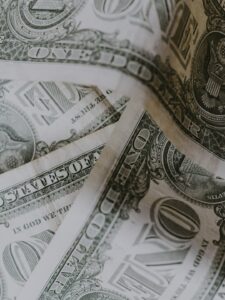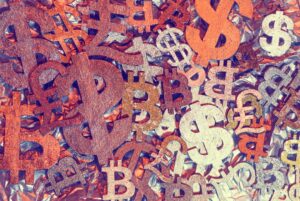Understanding Aboki Forex Rate: A Guide for Beginners
Forex trading has gained immense popularity in recent years as more and more people are exploring the potential of the global currency market. With technological advancements and easy access to trading platforms, individuals from all walks of life can now participate in forex trading. However, the forex market can be quite complex, and beginners often find it challenging to understand the various terms and concepts associated with it. One such term that often confuses beginners is the “Aboki Forex Rate.
Aboki Forex Rate is a term commonly used in Nigeria to refer to the exchange rate of foreign currencies, especially the US Dollar (USD), compared to the Nigerian Naira (NGN). The term “Aboki” is a Hausa word that means “friend” and is often used to refer to Hausa traders who are involved in currency exchange. As a result, the term “Aboki Forex Rate” has become synonymous with the black market exchange rate in Nigeria.
In Nigeria, there are two main exchange rates: the official exchange rate and the parallel market (black market) exchange rate. The official exchange rate is determined by the Central Bank of Nigeria (CBN) and is used for official transactions such as imports, exports, and government transactions. On the other hand, the parallel market exchange rate, also known as the Aboki Forex Rate, is determined by market forces of supply and demand and is used for unofficial transactions, including personal remittances and small-scale importation.
The Aboki Forex Rate is often higher than the official exchange rate due to various factors. One of the main reasons is the limited supply of foreign currency in the official market. The Central Bank of Nigeria controls the supply of foreign exchange and often imposes restrictions on the amount of foreign currency that can be purchased. This leads to a high demand for foreign currency in the parallel market, which drives up the exchange rate.
Another factor that influences the Aboki Forex Rate is the economic situation in Nigeria. Nigeria is heavily dependent on oil exports, and fluctuations in oil prices can have a significant impact on the exchange rate. When oil prices are low, Nigeria’s foreign exchange earnings decrease, leading to a depreciation of the Naira against major currencies like the US Dollar. This depreciation is reflected in the Aboki Forex Rate.
Understanding the Aboki Forex Rate is crucial for beginners in forex trading, especially those based in Nigeria. Here are a few key points to keep in mind:
1. Stay informed: Stay updated with the latest news and developments that can impact the exchange rate. This includes monitoring oil prices, government policies, and economic indicators.
2. Use reputable sources: When checking the Aboki Forex Rate, it is essential to use reputable sources. Several websites and mobile applications provide real-time exchange rate information. It is advisable to compare rates from different sources to get a more accurate picture.
3. Exchange rate risk: The Aboki Forex Rate is volatile and can fluctuate rapidly. This volatility can impact the profitability of forex trades, especially for those involving foreign currencies. It is crucial to consider exchange rate risk and employ risk management strategies while trading.
4. Seek professional advice: If you are new to forex trading, it is advisable to seek guidance from professionals or experienced traders. They can provide valuable insights and help you navigate the complexities of the forex market, including understanding the Aboki Forex Rate.
In conclusion, the Aboki Forex Rate is the parallel market exchange rate commonly used in Nigeria. Understanding this rate is crucial for individuals interested in forex trading, particularly those based in Nigeria. By staying informed, using reputable sources, considering exchange rate risk, and seeking professional advice, beginners can navigate the forex market more effectively and make informed trading decisions.






